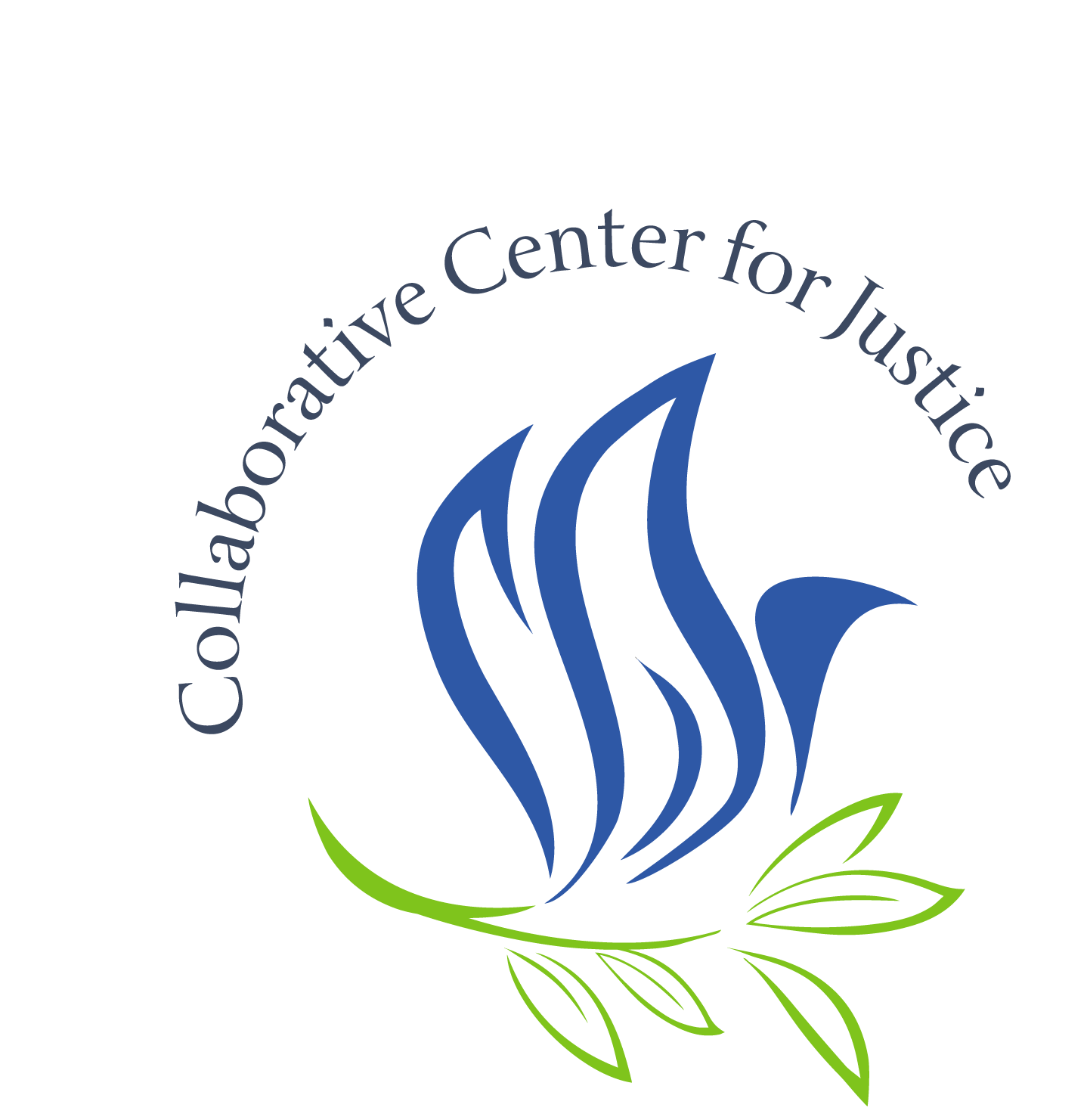The Issue:
Lawmakers in Connecticut are likely to have a special legislative session this summer, beginning in July. The scope of what will be discussed in a special session is unclear at the moment. Governor Lamont has indicated that police accountability is one of his two priorities for the special session. In order for the accountability measures we detail to succeed, they must be coupled with a reinvestment in low-income communities and communities of color.
Large-scale economic downturns bring with them entirely predictable social problems. Among other things, these include increased homelessness, drug and alcohol abuse, and mental health crises. Social scientists expect these issues and many more to increase due to the COVID-19 shutdown. Over the last 40 years, the United States has chosen to “solve” these problems through policing and imprisonment. We have criminalized problems. That is the major driver behind the 700% growth in the U.S. prison population between 1970 and 2009.
It’s important that we consider this as our nation’s crises of COVID-19 and police violence collide. We are in a recession that many economists believe will continue for at least several quarters due to the ongoing impacts of the coronavirus. We need to ensure lawmakers equip the state and municipalities with tools other than police and prisons to address the predictable spike in problems. Already, even after a month of uprisings over police killings, the City of Hartford proposed to solve its nighttime fireworks problem by establishing a dedicated hotline for tips to the police department.
The police are the proverbial tip of the spear. Laws and other mandates place police in an antagonistic relationship with the types of people that society thinks are responsible for social problems. That is frequently the poor and communities of color. That is why we see dramatic inequality in policing and prisons: Almost half of the people who the police arrest multiple times have an annual income of less than $10,000, why nearly 2/3 of the prison population is Black and Latinx, and why there are more people with mental illness in prisons than there are in mental health facilities.
We have spent decades investing in policing and prisons while we divested from human needs. The most impactful thing we can do in the wake of the pandemic and recent civil unrest is demand that state and local government reverse course: We must shrink the scope of policework and the resources to do it. Those resources should be redirected to addressing the root causes of those problems rather than punishing the people who experience them.
Consider homelessness. Many cities and states criminalize behaviors that can accompany homelessness. The U.S. Interagency Council on Homelessness describes the trend as “criminalizing acts of living,” wherein otherwise normal and necessary daily activities are made illegal to decrease the visibility of people who live outside.
It is impossible to avoid things such as public urination when one does not have access to a bathroom of one’s own, when there is no public restroom infrastructure, and businesses shun people experiencing homelessness through “customer only” policies. We do not invest in housing, provide services that people experiencing homelessness need, or build public restrooms which would benefit us all.
Five Policy Demands:
In addition to increasing funding for social services, the state’s public health infrastructure, and jobs programs, leaders at the state level can take the following measures to decrease the likelihood of police violence:
- Ban departments from receiving military-grade equipment. A 2017 study found that police departments that participated in the federal 1033 program, which transfers surplus military equipment to police departments, increased the likelihood of police violence against civilians.
- Ban officers from participating in military exercises. Connecticut is listed among the many states that receive training in counter-insurgency tactics, among other forms of training, from militaries around the world.
- Ban no-knock warrants, which are essentially surprise raids that endanger both civilians and police. Police conduct approximately 20,000 per year, usually looking for drugs. At least 39 people have died in these raids between 2010 and 2016, including eight officers.
- No additional funds for training and technology. These things can often sound like a reasonable, quick fix; however, given the economic constraints, any allocations of new funds should go directly to communities.
- De-certify officers convicted of misconduct. This would prevent officers from hopping from one department to the next after being fired or disciplined in some other way.
The Action Needed:
Click here to locate your state legislators. Urge them to not only address policing reforms in the upcoming special session, but also measures that will increase investments in low-income communities and communities of color.
Sample Script: Dear Rep. X, my name is Y, and I live in your district. When the legislature returns, I urge you to support reforms to hold police accountable for violence: De-certify officers convicted of misconduct. Demilitarize our police by banning their participation in military training, from receiving military equipment, and by ending no-knock raids. Do not provide more resources for training and technology. The best way to address police violence is by preventing it. Please work to address the real harm done to poor, black and brown communities during this lock down and decades of inequality.


